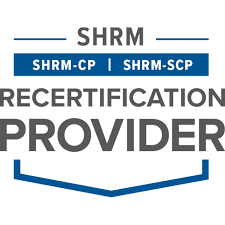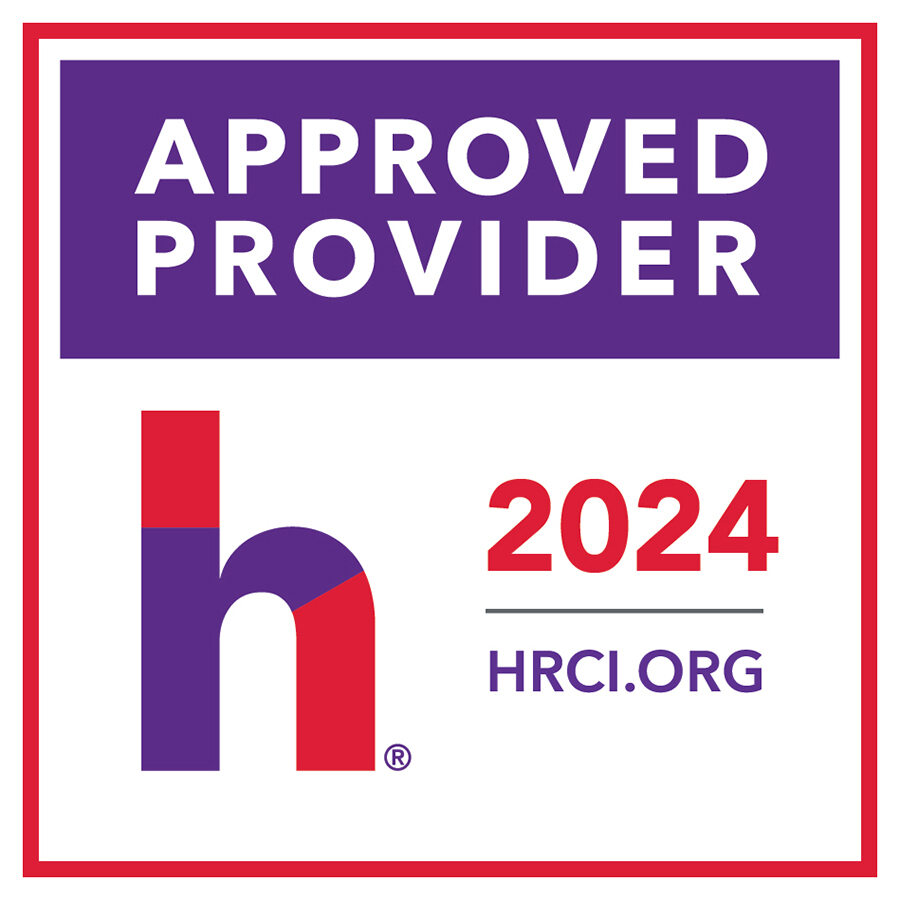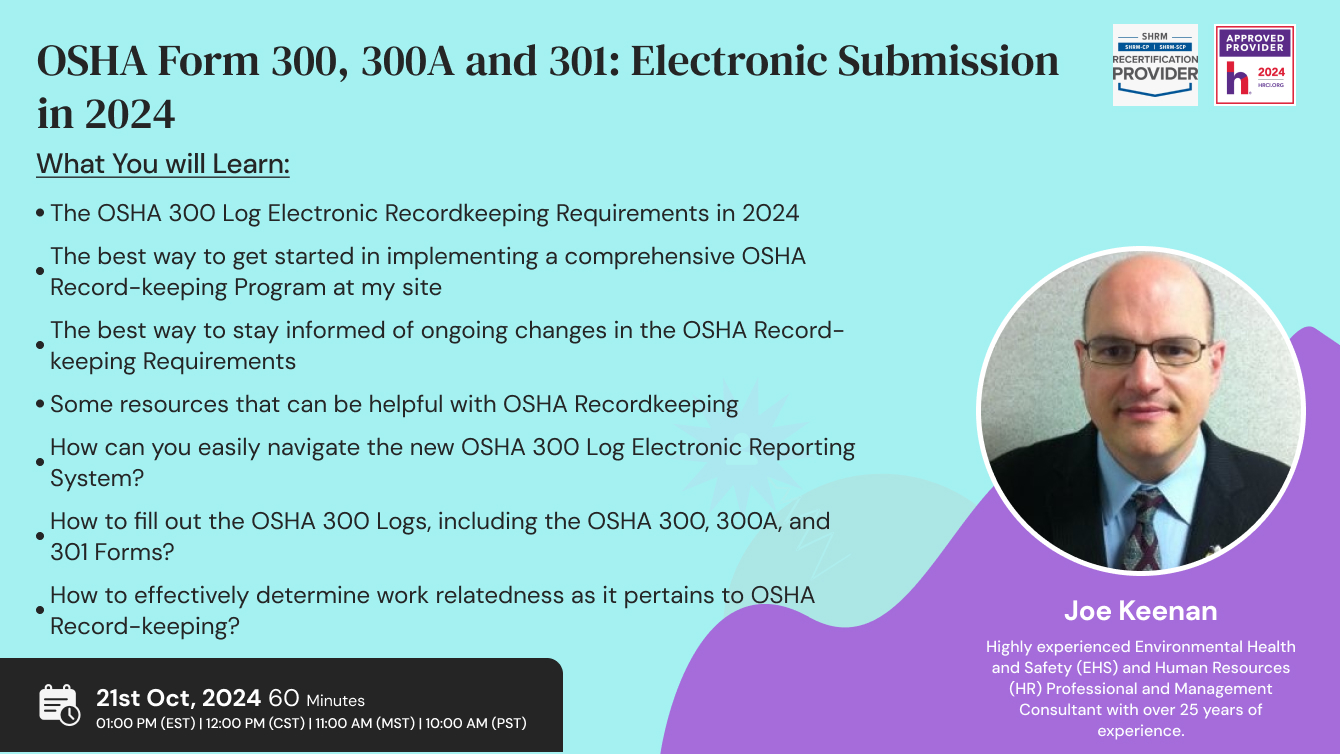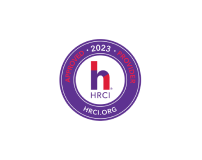OSHA Form 300A, 300 and 301 in 2024
If you're an employer with more than 10 employees, you may be required to keep records of significant work-related injuries and illnesses. While some low-risk industries are exempt from this, it’s essential to understand how OSHA classifies a serious injury and defines a recordable incident. This data is used by employers, workers, and OSHA to assess the safety conditions at your workplace. By evaluating this information, you can identify industry-specific hazards and outline essential steps for implementing worker protections, which can help reduce and prevent future workplace injuries and illnesses.
Recently, several updates were introduced in health and safety regulations, including changes to OSHA’s Recordkeeping guidelines. These updates have raised numerous questions and concerns among businesses about what these requirements entail and how OSHA will handle this information in 2024. Join us this October for a foundational understanding of OSHA’s Recordkeeping Requirements and to better understand how to complete the necessary forms.
This training offers a thorough overview of the updated OSHA 300 Log Recordkeeping Reporting Requirements, ensuring both beginners and experienced EHS professionals gain the knowledge and confidence to complete these forms accurately and efficiently.
Furthermore, navigating the intricate details of OSHA Recordkeeping can be challenging, even for seasoned Environmental Health and Safety (EHS) professionals. This session will provide a foundational review of OSHA Recordkeeping, along with answers to site-specific case scenarios that will be addressed throughout the presentation.
What You will Learn
- How can you easily navigate the new OSHA 300 Log Electronic Reporting System?
- How to fill out the OSHA 300 Logs, including the OSHA 300, 300A, and 301 Forms?
- How to effectively determine work relatedness as it pertains to OSHA Recordkeeping?
- What is the difference between First Aid and Medical Treatment?
Learning Through Examples
- Difficult site-specific OSHA Recordkeeping Scenarios
- Any site-specific questions or concerns
Who will Benefit
- Human Resources professionals
- Environmental Health and Safety (EHS) Professionals
- Loss Prevention Managers
- Insurance Professionals
- Plant Managers
- Safety Committee Members

Joe Keenan
Joe Keenan is a highly experienced OSHA and Manufacturing speaker on Compliancevent. He's also an experienced Environmental Health and Safety (EHS) and Human Resources (HR) Professional and Management Consultant with over 26 years of experience. He received his Green Belt in Six Sigma/Lean Manufacturing in 2005, Masters in Business Administration (MBA) with a Human Resource Management Concentration in 2007, and Certified Safety Professional (CSP) in 2011.
Joe had the pleasure of serving as Mississippi and Alabama Area Director of the American Society of Safety Professionals (ASSP) (term ended 6-30-21). He served on the OSHA Voluntary Protection Program Participants Association (VPPPA) Region IV Board of Directors as a Director at Large from 2013-2015. Since 2002, He's been an OSHA General Industry and Construction 10/30-Hour Authorized Outreach Trainer (both renewed in 2020).

SHRM -
StandEagle is recognized by SHRM to offer Professional Development Credits (PDCs) for the SHRM-CPSM or SHRM-SCPSM. This program is valid for 1.0 PDCs for the SHRM-CPSM or SHRM-SCPSM. For more information about certification or recertification, please visit - portal.shrm.org.

HRCI -
This webinar has been approved for 1.0 HR (General) re-certification credit hours toward California, GPHR, HRBP, HRMP, PHR, and SPHR recertification through the HR Certification Institute.
The use of this seal is not an endorsement by the HR Certification Institute of the quality of the activity. It means that this activity has met the HR Certification Institute’s criteria to be pre-approved for re-certification credit.

ACCREDITATIONS


